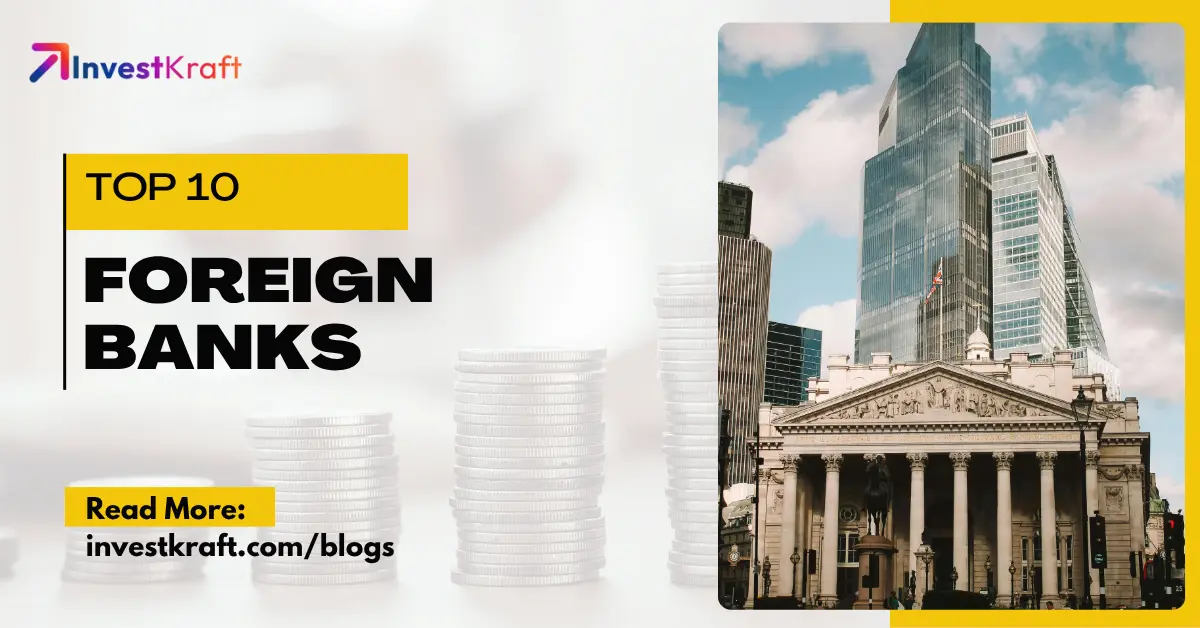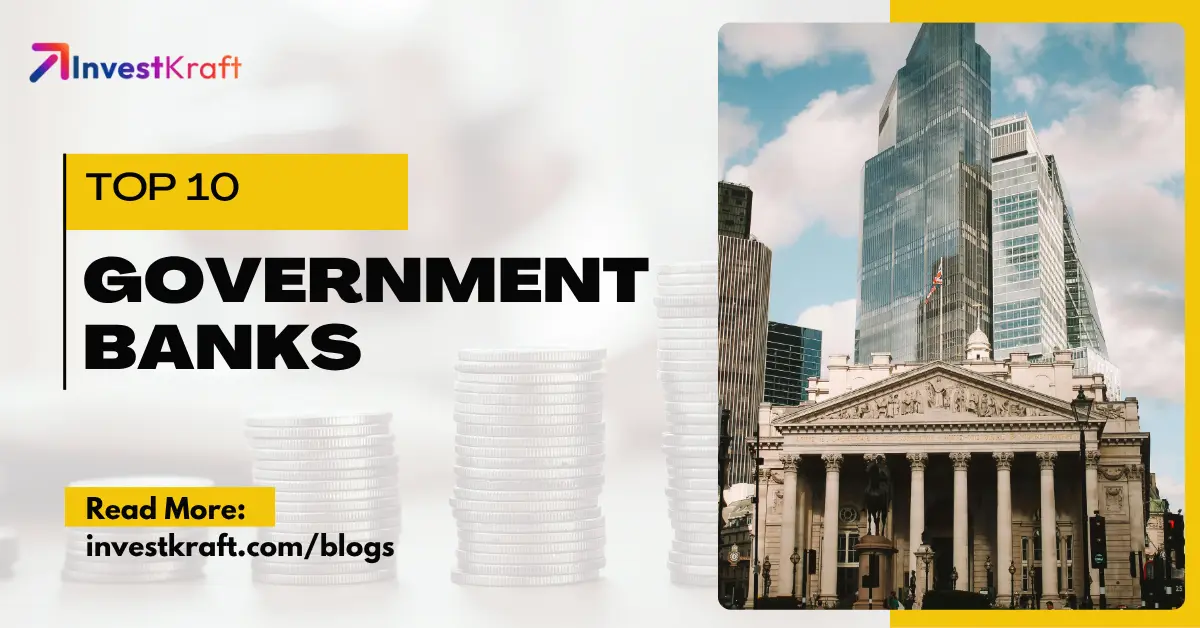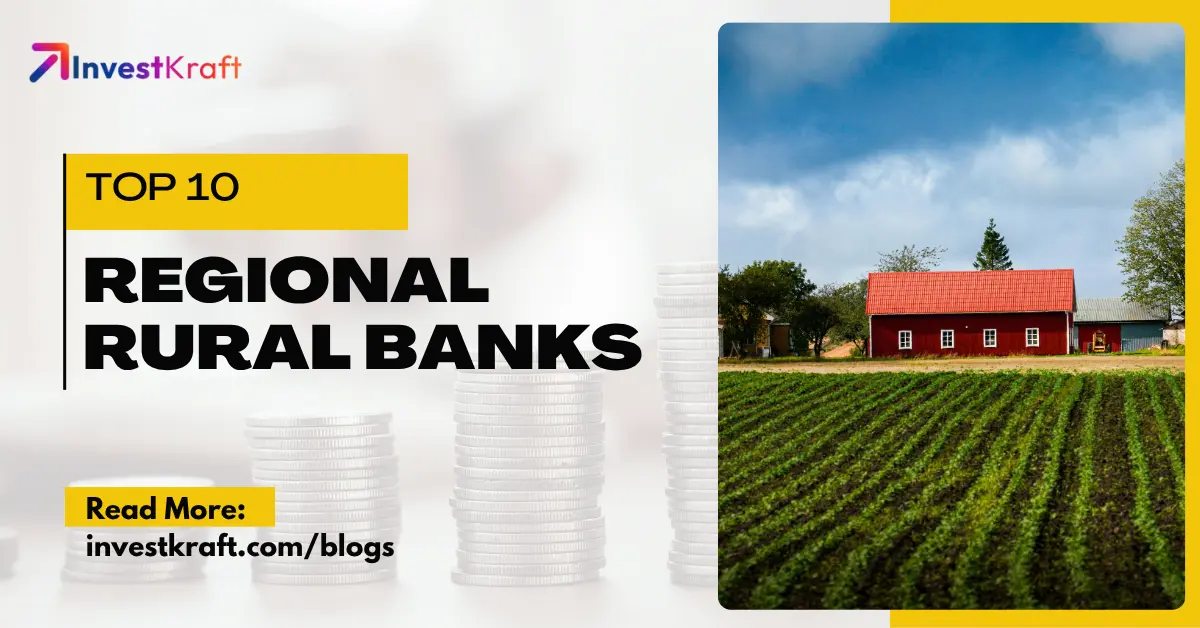What is Demat Account & Its Types

What is Demat Account and its Types, Demat account is one of the most common terms in the stock broking sector. The majority of stock investors open a Demat account without knowing its meaning, benefits, and characteristics. No matter what kind of stock investor you are, a Demat account is an essential part of this system and every investor should be fully aware of this term in all aspects. As we all know, a Demat account is where all your securities are stored, but it is much more than that that you will get to know in this post. So, let’s start and delve deeper to know what a Demat account is, its types, benefits, and a lot more.
What is a Demat Account?
A Demat account is similar to a typical bank account. This is where all the bought stocks are stored in electronic format. Whenever you buy securities and shares from the stock market, the bought securities are transferred to a Demat account. The term ‘Demat’ stands for dematerialization and refers to the procedure of storing securities like government securities, bonds, shares, mutual funds, insurance, and ETFs electronically. This keeps them more secure and easily manageable for shareholders.
Let's consider an example to understand Demat's account deeply. If you are looking to purchase the stock of a company. Once the shares are bought, the same will be transferred to the buyer’s name. Meanwhile, the shares were allotted in a physical format with the buyer’s name printed on them. This was dependent on tons of paperwork. For everything you buy or sell a share; a physical certificate will be shared with you. To get away from this cumbersome approach, the concept of a Demat account was brought in India which has been in effect since the year 1996.
In today’s Times Demat account, whenever you buy or sell a share, the transaction is recorded in the Demat Account and the bought shares are transferred to your Demat account without requiring any kind of paperwork. In India, having a Demat account is a must for every stock investor.
How to Open a Demat Account?
After getting the basic information about the Demat account, the next thing to understand is how to open a Demat account. A central depository such as Central Depository Services Ltd (CSDL) or National Securities Depository Ltd (NSDL) is what you register a Demat Account with. These depositories designate representatives known as Depository Participants (DP), who serve as go-betweens for investors and themselves. You may open a Demat Account with your bank, such as HDFC Bank, which is a DP. You may open a Demat Account with stockbrokers and financial institutions, as they are also DPs.
A Demat Account stores your investments in an electronic format that is easily accessed with a laptop, smartphone, or other smart device and the Internet, just like a bank account does. To access it, all you need is a specific login ID and password. Your Demat Account does not, however, require any kind of "minimum balance," in contrast to a bank account.
To get a list of DPs that allow you to open a Demat account, you can check the websites of any of the DPs online. In most cases, people look at the related charges before choosing a particular DP for a Demat account opening.
Read More: How to Buy Index Funds Without a Demat Account?
Benefits of Demat Account
Opening a Demat account is not just a necessity but it tends to come with numerous benefits for stock investors including:
No Physical Certificates
Before the introduction of Demat account, the shares were transferred in the form of physical certificates to the shareholders. After the shares were bought, the shareholders were supposed to keep several paper certificates for the same. These physical certificates come with drawn-out transfer procedures in addition to being prone to damage and loss. Demat Accounts makes everything electronic, saving you a great deal of trouble.
Easy Storage
You can keep as many shares as you need to in a demat account. This way, you may monitor the shares in your account and trade in large quantities. Additionally, you may depend on your Demat Account to complete share transfers quickly.
Simplified Access
Opening a Demat account has become immensely simple. You can choose to manage your assets from anywhere, at any time using a laptop or smartphone. Investing in a solid financial future is now easier and more accessible than ever before thanks to Demat Accounts.
A Wide Range of Instruments
You can utilize your Demat Account to store a variety of assets in addition to stock market shares, such as government securities, mutual funds, and exchange-traded funds (ETFs). You may thus approach your investing objectives more comprehensively and quickly assemble a broad portfolio with a Demat Account.
Nomination
There is a nomination capability that comes with a Demat Account. The nomination procedure needs to be carried out according to the policy decided under the depository's guidelines. If the stock investor passes away, the designated nominee will be entitled to keep the account's holdings. Due to the availability of this feature, you can plan and stay out of trouble with the law.
Read More: Taxation Regulations for Mutual Funds for NRIs in India
Types of Demat Account
There are primarily three types of Demat accounts in India.
Regular
Put simply, a regular Demat account is supposed to be used by Indian residents. A Demat account is a wonderful choice for those who are interested in doing investments or equity trading. The applicable charges are determined by the type of subscription, trading volume, and various terms and conditions defined by the depository and the DP.
Repatriable
This type of Demat account is designed for NRIs who are willing to invest in Indian stock markets. They can invest in Indian securities from any corner of the world. This Demat account is of immense value to NRIs who can transfer their funds to other countries.
Non-Repatriable Demat Account
This is similar to a repatriable Demat Account and is also for NRIs. However, this account doesn’t allow you to transfer funds abroad. This requires you to link it to a Non-resident Ordinary (NRO) bank account.
Also Read: Difference Between SIP and Mutual Fund
Essential Elements of a Demat Account
Once you open a Demat account with DP, you can expect to get the following details:
- Demat Account No. – This is called the ‘beneficiary id’ under CSDL. It is made up of 16 characters.
- DP Id- This ID is allotted to the Depository Participant. It is an essential part of a Demat Account Number.
- POA No. – It is an element of the Power of Attorney agreement. It enables a stock investor to permit a stockbroker to operate the Demat account given the underlying instructions.
Also Read: How Do You Withdraw Money from Mutual Funds?
DR Demat Account
A special purpose demat account called a "DR" account makes it easier to keep stocks while they are being transferred from an international depository system to an Indian depository system. This often occurs when the investor(s) cancels the Depository Receipts (DRs) they are holding in either American or Global Depository Receipts.
For individuals, there are two kinds of Depository Receipts (DR) accounts available:
A. DR Demat Account for Residents
B. Demat Account for NRE DR
FAQs
What Are the Documents Required to Open a Demat Account?
You would need the following documents to open a Demat account.
- PAN Card
- Address Proof (Aadhaar Card, Passport, Driving License)
- Photographs
- Signature of a blank paper
- Income proof
Are There Any Charges Associated With the Opening of Demat Account?
There are zero account opening charges when you open a Demat account with BFSL. However, other applicable charges are brokerage charges and subscription charges that largely depend on the chosen subscription plan.
Can I Transfer Shares From My Demat Account?
Yes, you can transfer the shares saved in your Demat account. You just need to request your DP to transfer the shares and then do the necessary formalities.
The Conclusion
Every stock investor must have proper knowledge of the Demat account. Since it is an essential element of stock market investment, it is immensely important for every investor to have detailed knowledge of the same.
Verify Phone Number
Related Post

Top 10 Foreign Banks in India – Strengths, Benefits & Challenges
Foreign Banks in India play a very important role in offering world-class financial services, trade...
Read more...
Top 10 Private Banks in India: A Comprehensive Guide
Private sector banks in India have played a very important role in the country's financial scenario...
Read more...
Top 10 Government Banks in India 2026: A Comprehensive Guide
Government banks, also known as Public Sector Banks (PSBs), form the backbone of India’s banking sys...
Read more...
Top 10 Regional Rural Banks (RRBs) in India
Regional Rural Banks (RRBs) play a vital role in India’s rural and semi-urban financial ecosystem. I...
Read more...
List of Top Co-operative Banks in India: A Comprehensive Guide
Co-operative Banks are an integral part of India’s financial ecosystem, especially for local communi...
Read more...
List of Top Payment Banks in India 2026: A Comprehensive Guide
Payment Banks in India were introduced as part of the financial inclusion strategy by the Reserve Ba...
Read more...
List of Top Agricultural Banks in India 2026: A Comprehensive Guide
Agriculture remains the backbone of India’s economy, employing over half of the country’s population...
Read more...
Top 10 Retail Banks in India: A Comprehensive Guide
Retail banking provides banking services to the citizens of India. It is the most common type of ban...
Read more...
Top 10 Investment Banks in India: A Comprehensive Guide
Investment Banks connect businesses with investors and help companies raise funds, issue securities,...
Read more...
Top 10 Commercial Banks in India 2026: A Comprehensive Guide
Commercial Banks form the backbone of India’s financial system. They offer a wide range of services...
Read more...Reach out to our Experts if you have any Doubts
Like the best things in life, Consultations @InvestKraft are free
Drop a Mail or give us a Missed Call & Begin your Investment Journey here






